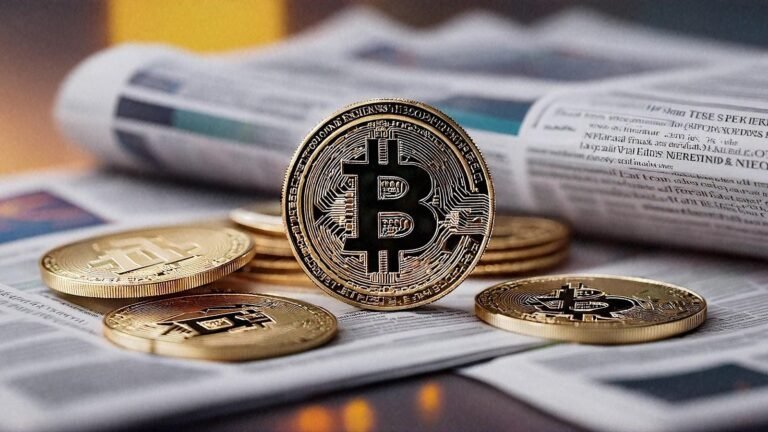Trading and other service problems have recently affected local crypto exchanges, leaving users without any way to get compensation due to the absence of a legal framework. On January 3, 2025, Upbit, South Korea’s biggest crypto platform, suspended trading for 2 hours.
The platform then informed users about an urgent server inspection. This resulted in a freeze on all transactions. A notice said that they had found trading problems, which led to an emergency server.
Many users also reported that these trading pauses have been happening regularly, resulting in delays, including some Bitcasino deposit transactions. After President Yoon Suk Yeol announced martial law on December 3, 2024, both Upbit and Bithumb, the 2nd biggest crypto exchange, faced service delays.
The delays lasted more than an hour due to a sudden increase in trading activity. Rep. Kim Hyun Jung from the main opposition party, the Democratic Party of Korea (DPK), also said that between January 2020 and September 2024, Bithumb had system errors 42 times.
On the other hand, Upbit had system errors 15 times, Gopax 11 times, Coinone twice, and Korbit once. Exchanges operate 24/7 which impacts investors if there are service errors.
There is no legal system to provide compensation for these issues. In contrast, financial institutions like banks have legal rules that allow for compensation with the help of the Financial Consumer Protection Act and the Electronic Financial Transaction Act.
Users can seek help from the Financial Supervisory Service. However, exchanges are not considered financial firms by current laws. With this, they don’t have to follow the same rules. This leaves crypto users, including Bitcasino players, vulnerable.
Exchanges also do not have to report problems or incidents to financial authorities right away. The Virtual Asset User Protection Act mainly aims to punish unfair practices. Although this law requires exchanges to safeguard user deposits and virtual assets, it does not include rules for penalising system failures at crypto exchanges.
To address this, the DPK introduced a bill to change the law. It is to require exchanges to report to authorities and make announcements when there are system failures or hacks.
‘Under the current law, there is no obligation to report or disclose significant incidents, which often results in users not receiving timely information. This is why I have proposed the revision. I am also preparing legislation to address compensation and restitution for damages and to enhance system security’, Kim said.
Hamster Kombat gets an update
The creators of the Telegram tap-to-earn game Hamster Kombat announced their plans to build a layer-2 network on The Open Network (TON). It was made following the launch of the fourth-largest gaming token of 2024.
It was after a strong vote from a decentralised autonomous organisation (DAO), where 1.1 billion HMSTR tokens supported the idea, with only 104,368 against it. However, the top 2 voters control more than 88% of the total voting power, giving them huge influence on the decision-making process.
Before this, the developers shared that the second season of Hamster Kombat had been delayed. They are said to be working on 3 games that form the heart of a new gaming system called HamsterVerse. A closed beta is already in progress for 30,000 members of the community.
Even with problems on certain exchanges, users are looking for a brighter future for the industry. Many believe that with Trump’s crypto plans, the industry can move forward.
Read More: click here
